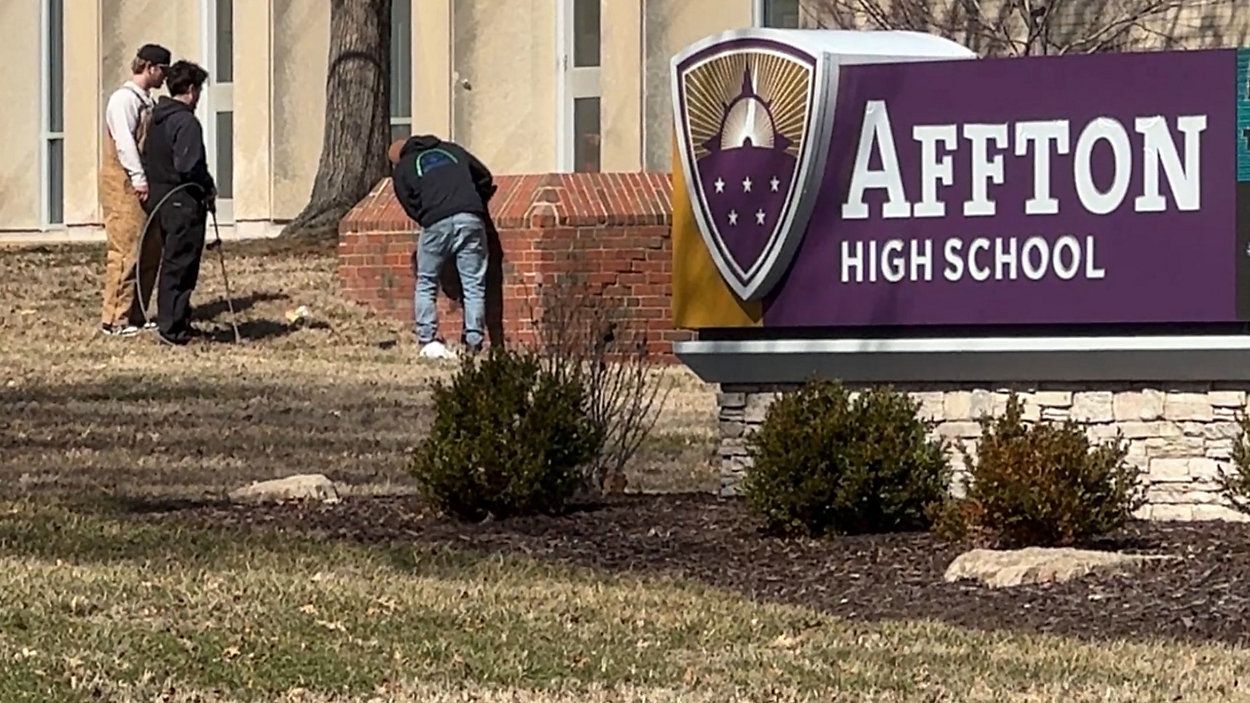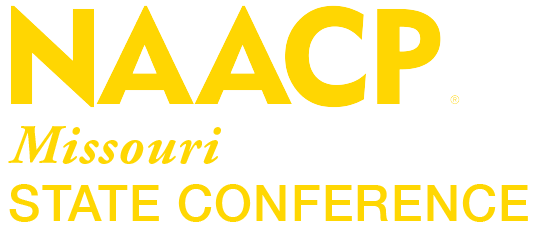Governor’s Record Clemency Pace Disproportionately Benefits White Applicants
Governor Mike Parson granted clemency to more than 700 individuals during his second term as Governor of Missouri. He worked through more than 3,000 petitions while determining to grant clemency to nearly 20% of applicant. As a result of Parson’s actions, Missouri is now categorized by the Restoration of Rights Project as one of 16 states granting frequent or regular pardons. A predictable schedule, like Parson’s monthly announcements, can help dispel impressions that the process is corrupt, said Margaret Love, executive director of the nonprofit Collateral Consequences Resource Center, which runs the project. Of those granted clemency by Parson, 42% had been convicted of drug crimes, 28% of theft and 14% of burglary, according to an AP analysis. The next most common felony convictions were for driving while intoxicated, forgery and passing bad checks. On average, nearly 28 years had passed since their last convictions. In other circumstances, this would be cause for celebration; however, a closer look at the trends of clemency in Missouri show a serious problem.
Who gets clemency?
A Missouri News Network analysis of people granted clemency from December 2020 through May 2022 points to a race gap. Their analysis of available demographic data indicates that almost 90% of those who have been granted clemency by the governor are white. Because of the lack of public information, reporters matched names of those granted clemency by the governor during that time period with names in the state Department of Corrections’ public database. That database includes demographic information and charge information of people convicted of crimes in Missouri through 2021. The analysis matched 219 of 318 names. Of the 219 matches, 89% were white and 85% were male. Parson pardoned nine more people in June who were not included in this study. The almost 100 people who could not be conclusively identified were either not present in the database under the same name, or there were too many people with the same name, so their demographic information could not be determined.
The governor’s office said there is no breakdown of applications by race or how many people of each race have applied for clemency. Mr. Andrew Bailey (Formerly The Governor’s Chief General Legal Counsel and now Attorney General) acknowledged more data should be collected. But sending back applications that have already been received to collect new information, such as additional demographics, could further the backlog, he said. The office will brief the next governor on its processes, however, and hopes to see further reform, Bailey said. “There is no available data to demonstrate the racial makeup of applicants for clemency,” the governor’s spokesperson, Kelli Jones, said in an email. “Thus, the Governor’s Office does not know the race of clemency applicants.” Not knowing the race of an applicant could limit case-by-case bias, but it also makes it difficult to track disparities.
The above statement shows that the Governor’s office is not interested in transparency and accountability when granting clemency. The remarkable difference in the percentage of white to non-white applicants cannot be attributed to cooincidence. Nor is it reasonable to believe the Governor does not know the demographic makeup of the individual and their supporters granting clemency. The Governor and his staff looked at each case individually and did full investigations before granting clemency of any kind in each case.
Three Prominent Examples
Mark and Patricia McCloskey, the St. Louis couple who gained national attention for waving guns at racial injustice protesters, were pardoned by Parson on July 30, 2021, just six weeks after Mark McCloskey pleaded guilty to misdemeanor fourth-degree assault and Patricia McCloskey pleaded guilty to misdemeanor harassment.
Britt Reid, son of KC Chiefs head coach Andy Reid, had his sentence for drunk driving that injured 11 and left one child permanently brain damaged, commuted from a 3-year prison term to house arrest.
Eric DeValkenaere, a police officer who shot and killed a black man in his own backyard and then planted evidence, had his sentence for murder commuted to parole after spending less than a year in a prison in another state. This was over the objections of Jackson County Prosecutor Jean Peters Baker and the family of Cameron Lamb, DeValkenaere's victim.
In all of these cases, the person being pardoned is politically connected, white, and guilty of the crime of which they were convicted. These are not examples of a failed system incorrectly convicting or sentencing someone. These are not examples of a person having served decades of an overly harsh sentence, most of Governor Parson's pardons and commutations went to people whose last criminal activity was more than 28 years ago. These are not examples of someone whose actions are no longer considered criminal or are otherwise justified in the circumstances. That the governor even considered clemency in these cases is shocking, for one thing because Parson so often points to a conviction as a reason not to show mercy to the innocent but wrongly convicted. These are political favors pure and simple. They show the major flaw in our clemency system in Missouri.
How Clemency Works
The actions were taken in accordance with Article IV, Section 7 of the Missouri Constitution, which empowers the governor to offer clemency in certain cases. A simple application is filed with the Probation and Parole Board who forward the application and a confidential recommendation to the Governor. The Governor then has the power to pardon or commute whomever he or she wants.
The question the NAACP should demand from the Governor office, what are the standards, processes, and procedures? If there are none, and the Governor simply pardons and commutes as he or she wants opens the door for personal/favoritism pardons. Clemency, then, is not a part of the justice system. It is a part of political patronage and posturing. That is a dangerous fact as clemency is often seen as a last ray of hope for individuals who are facing execution, wrongfully convicted, or have already served a significant portion of their sentence and have reformed their lives.
The ability to pardon those convicted of crimes is one of the most unilateral executive powers enjoyed by Missouri’s governor. Clemency for DeValkenaere shows just how unilateral that power is. The decision was made against the recommendation of the Prosecutor, after multiple judges had reviewed the conviction and found it sound, and after refusing to discuss the potential clemency with the family of the victim. In announcing his verdict in November of 2021, Judge Youngs said DeValkenaere and his partner did not have a search warrant or probable cause to be on Lamb’s property. During the criminal trial, prosecutors alleged the crime scene was staged and evidence was planted. They also said it took only nine seconds from the time DeValkenaere arrived in the yard of the house to the moment he fatally shot Lamb. This case shows clear violations of the privacy rights of Cameron Lamb, and clear criminal conduct while in uniform by DeValkenaere, yet Goveror Parson saw fit that he should be free from the consequences of those actions.
Conclusion
The Governor of Missouri has to be a difficult job. Making the call for Justice is hard, but we personify justice with a blindfold with a scales and a sword because it should seek only truth and not be swayed by anything other than the facts before the court. Therefore, Lady Justice is our moral force in judicial system, criminal justice system, and the American people way of life. We tell the American people we are a nation of laws and we follow the Constitution, but for many years we have falling short for Justice for all. It is clear that clemency and hope are reserved in Missouri for white people convicted of a crime. We need to find a new path that creates impartial standards and allows for more transparency in how these clemency decisions are made. Mercy may be a virtue, but when applied with prejudice, malice, and corruption, it is violence against the people.
RECENT ARTICLES
STAY INFORMED
The best way to stay involved with the work of the NAACP is to stay informed.
Newsletters come out weekly and contain information about upcoming events, important actions, and notable people who keep our organization thriving.
Thank you for signing up to receive the Missouri NAACP newsletter.
We appreciate your support for the work of the organization!
Oops, there was an error submitting your sign-up.
Please try your submission again.
MENU
©2023 | All Rights Reserved | Missouri State Conference of the NAACP
Website powered by Neon One




